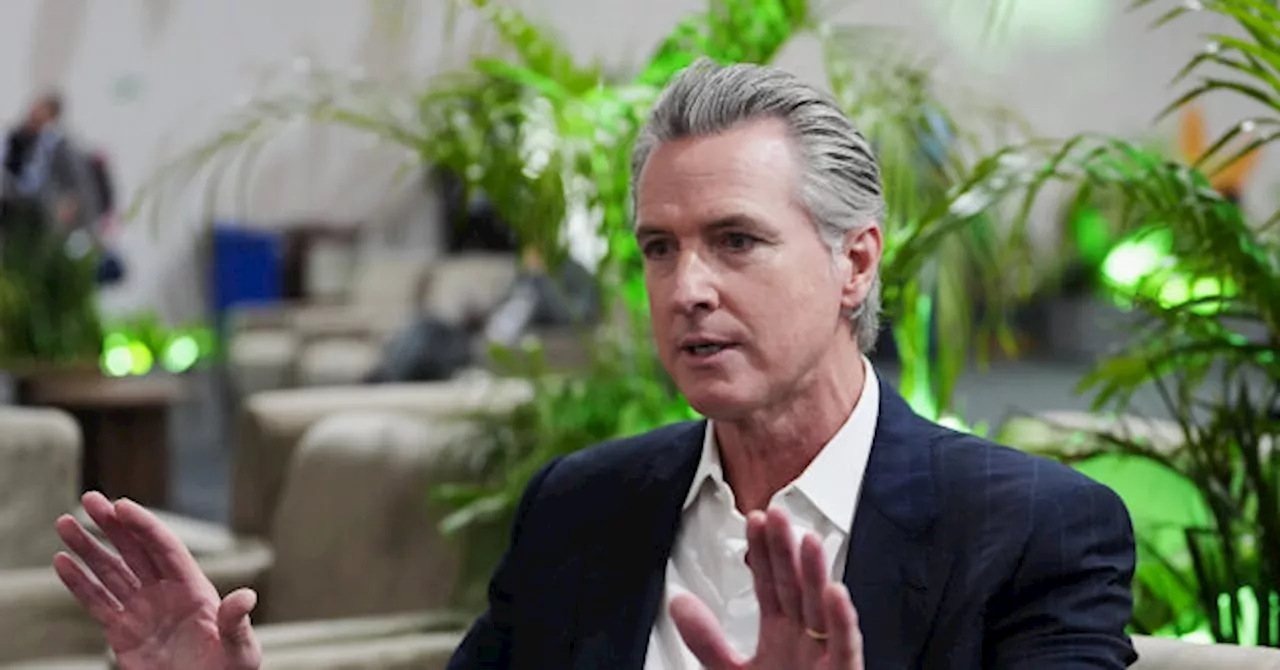In a recent interview on CNN, Eric Swalwell, a Democratic candidate for California governor, outlined his strategies to tackle the state’s pressing economic issues. These challenges include soaring costs of living, high unemployment, and a sluggish business climate. While discussing these topics, Swalwell refrained from attributing blame to the Democratic Party for current inflation rates, opting instead to focus on his proposals to stimulate the economy and address housing shortages.
Addressing California’s Economic Challenges
During the broadcast of CNN’s “The Story Is,” host Elex Michaelson posed critical questions regarding California’s economic landscape. He pointed out that the state has the highest housing costs and gas prices, as well as a significant homeless population. In response, Swalwell emphasized that California also faces the highest unemployment rate in the nation and the lowest rate of new small business startups.
“I want us to be a start-up nation again,” Swalwell declared. He proposed a tax holiday for small businesses during their first three years of operation, aiming to encourage job creation and boost revenues for existing businesses. The candidate expressed a desire to foster an environment where California is perceived as welcoming to entrepreneurs.
When pressed about the Democratic leadership’s role in the state’s economic hardships, Swalwell acknowledged the challenges but stated, “I’m not going to look to the past. I’m running to be the governor next year.” He maintained that his focus would be on future solutions rather than assigning blame.
Proposed Housing and Business Initiatives
Swalwell’s plans include declaring a statewide housing emergency on his first day in office. He intends to mandate that all state agencies make decisions on pending housing projects within 90 days. This initiative would temporarily suspend certain environmental regulations under the California Environmental Quality Act (CEQA), which Swalwell believes stifle development.
Additionally, Swalwell aims to enhance California’s status as a hub for the entertainment industry by advocating for incentives such as an above-the-line credit for television and film production. His vision is to make California “the easiest place to film, not the hardest.”
Further addressing energy concerns, Swalwell expressed his commitment to retaining oil refineries in the state and promoting an “all-of-the-above” energy policy. He also called for expanding public-private partnerships to tackle homelessness and proposed increasing the rights of family members to assist those affected by homelessness.
Finally, Swalwell mentioned plans to streamline operations at the Department of Motor Vehicles (DMV) by digitizing services, aiming to improve efficiency for California residents.
As the race for California governor heats up, Swalwell’s proposals reflect a focus on revitalizing the state’s economy while navigating the challenges created by its current political leadership. His strategies, if implemented, could significantly impact the daily lives of Californians facing economic uncertainty.








































































